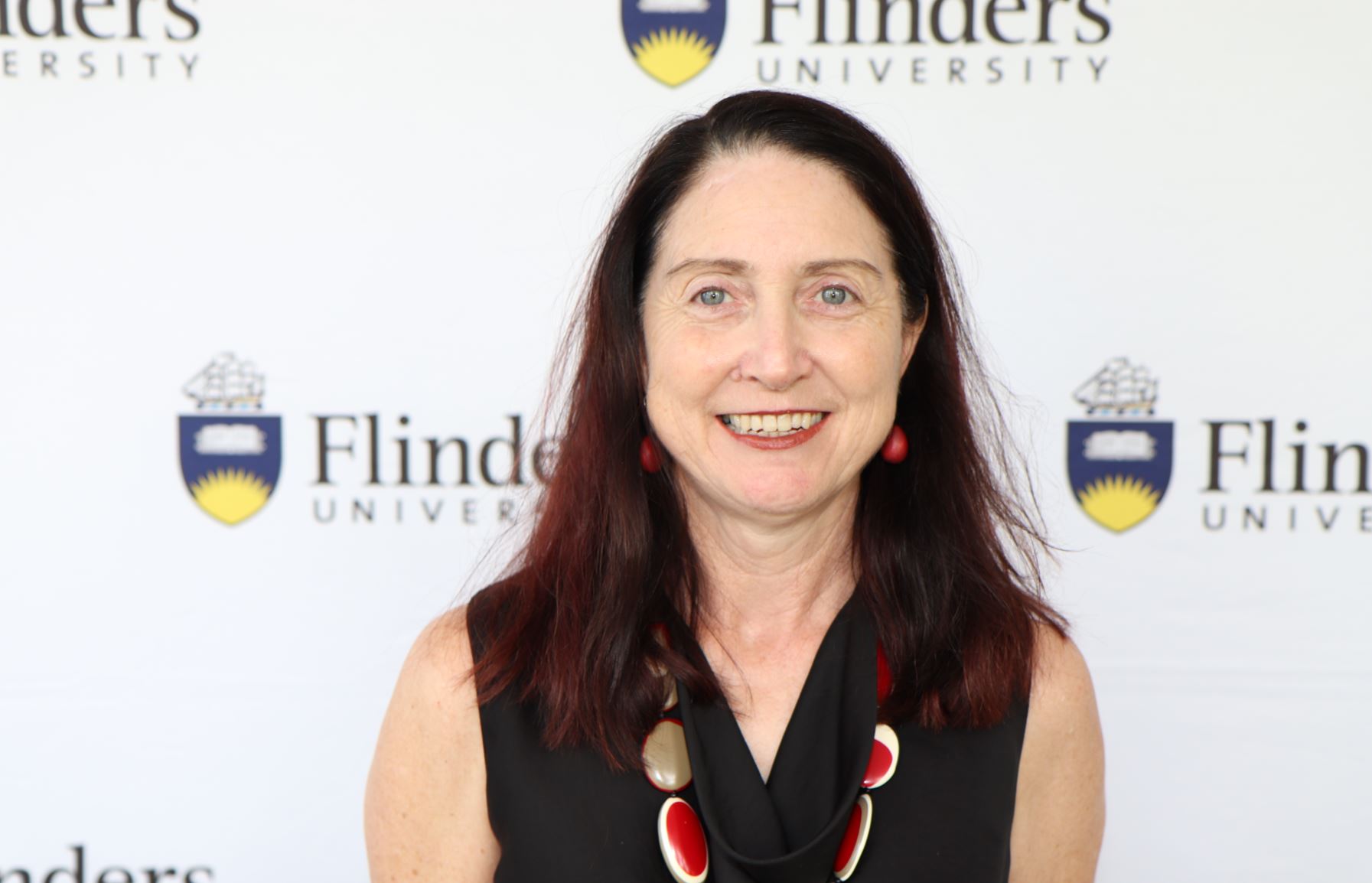
A national callout to 40,000 nurses, doctors, midwives and other health professionals to come out of retirement to help with the COVID-19 medical response, highlights the importance of Australia’s health professionals and their training.
“This crisis reminds us that nurses and midwives make up about half of the global health workforce and together are an essential component of strong, resilient, health systems and health care delivery,” says Flinders University Professor Robyn Aitken.
Support for nurses and midwives is the theme of World Health Day 2020 (April 7 2020).
“The latest callout for trainee and now retired nurses to help on the front line of the COVID-19 emergency response further highlights the vital importance of a sustainable nursing and midwifery workforce, and the role universities play in ensuring a continuous pipeline of new graduates.
“The potential contribution of nursing and midwifery students to ‘surge capacity’ plans is also important at this critical point,” she says.
Relaxation of visa restrictions for international student nurses so they can work more than the 40 hours a fortnight work entitlement in Assistant in Nursing (AIN) roles is one way students are contributing.
“A partnership with SA Pathology at their drive-through testing stations is another significant initiative that gives final-year nursing students both employment and a placement – discretely separated so that there is no role confusion,” says Professor Aitken.
“This is a great example of health services increasing opportunities for student placements in a way to accelerate the successful entry of graduates into the workforce.”
Professor Aitken, Nursing Academic Lead at the College of Nursing and Health Sciences, says the WHO-declared International Year of the Nurse and Midwife 2020 is a significant opportunity for health services and universities to support local and national community efforts to ensure that Australia leads the world in containment and response as the COVID-19 outbreak proceeds.
“We can do so in such a way that both celebrates the contribution that nursing students currently make to Australian health care, and that promotes the timely graduation of our next generation of health care professionals.”

“It is important that this work is balanced with study commitments so that students continue to progress to complete their course on time,” says Professor Aitken, providing quotes from Ruri, a Japanese student, about why she volunteered for the SA Pathology service:
“I became a nurse as I have wanted to help people and interact with people around the world since I was a child. And my ambition as a nurse has been working in developing countries and connecting people to the right places and people too. I know lots of students are very anxious and even hesitating to start their placement in a hospital, which is totally understandable, and we really need to be aware of how we protect our patients and ourselves too. I think, especially in this situation nurses are the ones who can stand up and get together to face reality and support people as professional. I am still a student here, but I would like to try my best and we should also understand the situation.”

